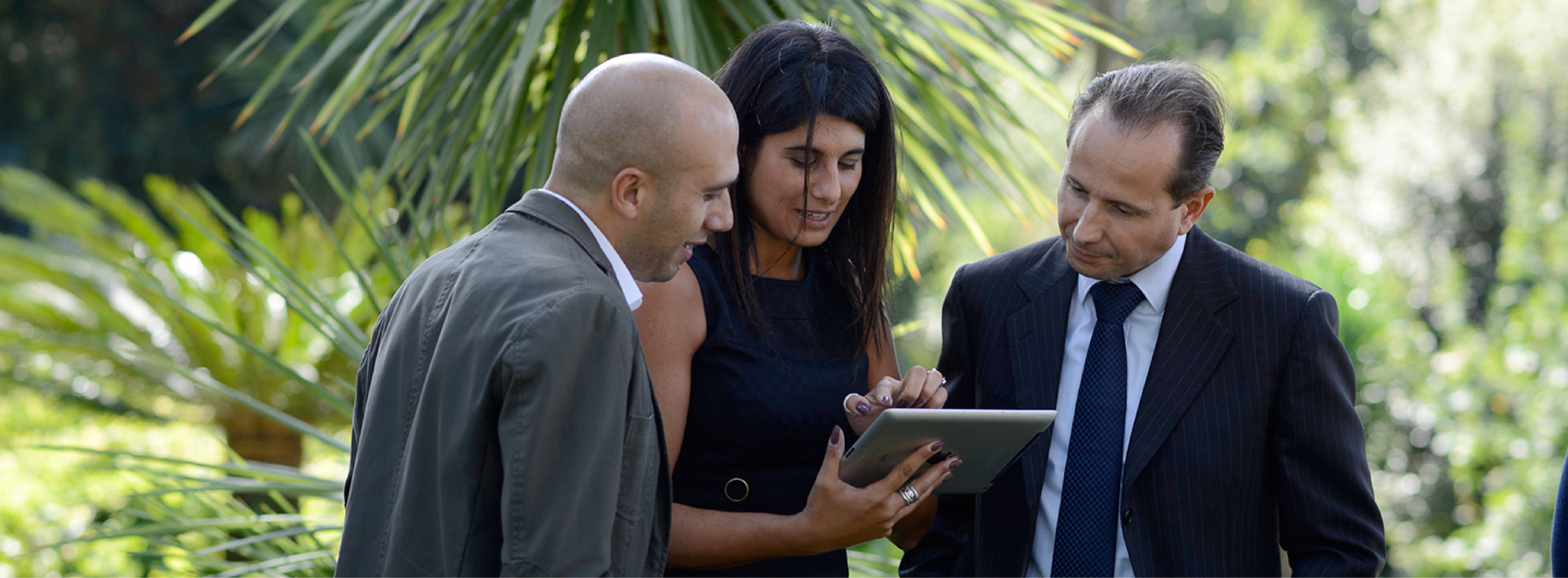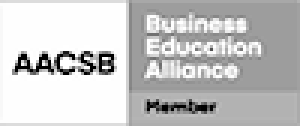A tortuous path and the desire to test his skills outside his area of expertise, engineering, pushed the young start-upper towards the Luiss Business School higher education. The result? A new adventure and new arrows to his bow

Domenico Crescenzo is not the classic engineer who is confident only of his abilities. In order to understand his personality that many would define “multi-potential”, it is important to tell his story from the beginning. Domenico is first of all a natural leader. His first role arrives very early, during the years of the Giulio Douhet military aviation school in Florence that he attended between the age of 16 and 19. He became course leader of 40 cadets: along with the effort he put into his studies at high school, he also had the responsibility of his peers in his course. Then he started his academic path in energy engineering (Aspri course of studies, Alta Scuola Politecnica Research and Innovation) at the Politecnico in Milan. After completing his studies, it was time for an experience abroad, to be precise in Stockholm, at the Royal Institute of Technology (KTH), where he followed a path of design engineering, specializing in the branch related to combustion and internal combustion engines. The arrival in Scania, a leading company in the production of industrial vehicles, seems rather obvious. In the meantime, Domenico also completed a patent linked to an algorithm capable of measuring fuel injection efficiency.
But something is not working in his work-life equation: Domenico feels that his true fulfillment is in the business world. He launches his first start-up, but things are not going as they should: he is very young and joins a team made up of friends, who, however, do not share the same vision. He thus began to frequent the Italian business world, before joining Janssen, the pharmaceutical division of Johnson & Johnson. This has been the beginning of continuous contacts with many innovative realities, including Keethings, a start-up in which he explored all the roles that can be filled in a company of this type. Due to this experience he realized that consolidating managerial and entrepreneurial knowledge was no longer a choice, but an imperative. Hence the decision to enroll in the Luiss Business School MBA programme. Thanks to the fertile and stimulating environment, Domenico put himself back in the game and consolidated his knowledge. Along the way, amidst the pandemic, he also created his second start-up, Screevo, the most accomplished expression so far of his desire to be an entrepreneur.
Domenico Crescenzo, what made you choose the part-time Luiss Business School MBA?
I really enjoyed my job at Keethings and I didn’t want to leave it since I gained experience in areas I had never worked for in the past. I have always been an engineer, a technician, but with a strong drive towards entrepreneurship. Since I wanted to achieve both at the same time, studying and putting into practice, the part-time formula, even if challenging, was the most suitable for my project. Why Luiss Business School? Because it is one of the programs, if not the most important program in Italy. In addition, since it is in Rome, it allowed me to build and strengthen the network I already had in this geographical area.
What kind of environment did you find at Luiss Business School?
The adjective that best expresses my experience at Luiss Business School is “different”. First of all, my class was made up of many different profiles, a real added value: from the corporate profile to the entrepreneur, there were different types of people. The environment is informal, very interesting, which allowed me to approach and talk easily with anyone I wanted.
You are the Co-Founder and CEO of the startup Screevo. Which skills – hard and soft – acquired during your MBA helped and help you to play this important role?
Surely those related to the economic-financial part, like budgeting and the ability to sit down and try to plan all the activities in the short, medium and long term. We attended entrepreneurship courses where they taught us how to make a presentation for investors, how to understand and grasp the main aspects of a market, as well as some marketing courses where they taught us how to notice certain things. Thanks to a broad set of courses and subjects your are able to go deeper into the things that matter most to each individual person. Regarding soft skills, I think that when you start an MBA, after attending the lessons, you don’t come out as a completely different person. It only happens if you really put yourself out there along the way. The series of leadership courses, for example, combined with coaching, must then be applied so that a real transformation takes place. I had a challenge in mind.
Which?
When you start with a start-up and you are very young, with few resources, and you ask more senior people to work for you for free, to follow a dream, in pandemic times, without ever seeing each other, it requires important leadership. It depends on you, but also on your vision and what you communicate to the people in front of you. The goal I had in mind was to make sure that others could also see what I saw. So I had to be good at communicating that dream and the MBA helped me to refine the tools to do that.
Soft skills, how did you work on this area during the master?
In the leadership course I was struck by a phrase said in class: «It’s not about you. It’s about the others». Servant leadership, making yourself available, being the first to get a slap in the face, creates a spirit of trust that drives the whole team to get involved. In front of big investors I took a lot of slaps and my team thanked me for this! In coaching I had to put myself in the game 360 degrees: here I explored my limits as a person and then as a professional.
What do you mean?
From my experience, I can say that limitations of the professional are closely linked to those of the person. I have always been a good communicator, but emotionally rather closed: in some cases this can become a problem even at work. When you cannot express what you feel, both positive and negative, misunderstandings can arise. This limitation grabbed my attention, which forced me to train this characteristic. The MBA is not a series of courses, which you can acquire by reading books: you have to question yourself in order to start from a more solid base.
In your position, leadership is a fundamental quality: what does it take to be a true leader?
Serving, listening, confronting each other. For some people, dealing with difficult discussions is very complicated. It rather must be done clearly and quickly. We have to be transparent towards ourselves and others. Consequently, you have to deal with these issues every day in order to create a climate of trust, which should not be betrayed. A good leader is a person who is trusted by employees and staff, so they are prepared to do the extra mile.
Your CV is very rich: in which of your experiences do you think the Luiss Business School MBA could have changed your performance?
I think this kind of training would have made a difference in many moments. In my engineering career I have never been involved in business issues. I started university with the idea of finishing as soon as possible, but at the end I found that I didn’t fully like what I had studied.
Competitiveness: do you feel you have trained this soft skill during your time at Luiss Business School?
I am extremely competitive by nature, but not towards others. In the MBA there is no internal competitiveness, but there is a desire to go forward as a unit. The various facets of each person combine to create a single body. You have the opportunity to get the best out of each member of the class.
Many alumni have experienced the value of networking at Luiss Business School. What has been your experience?
I’m still in the middle of the programme, six months to go. I’ve had contacts with people interested in my start-up Screevo. I launched an initiative, Startup Group, where we organised a call: 60 alumni came forward with innovative ideas.
Pandemic and course: how did you experience distance learning?
Distance learning has its limits. But it is the first time for everyone. The networking experience has suffered, but I am sure there will be opportunities to fill this gap.
What are your plans for the future? Do you think you will go back to training?
The future will be on Screevo. Then I don’t know: I cultivate the dream of fueling my passion for teaching.
Tell us about Screevo.
It is a voice assistant for Industry 4.0. The manufacturing sector has been swept by a wave of digitisation. Operators and technicians, who know how to work with their hands, used to spend more time in front of the computer entering data than in the field solving problems. In fact, after fixing a machine, a report has to be compiled. The idea is that the hands of operators and technicians should once again be free to generate value. That’s why our pay-off is “Free From Typing”. With Screevo you can talk while you work: what you say is automatically transcribed into the customer’s software fields. Screevo remaps what is said and inserts each answer in the specific fields provided by the software. Screevo can also help us to book a trip on the Trenitalia website. I can book a train on Trenitalia’s website using Screevo: it knows which fields to fill in with the answers we give. The start-up won the Boost your ideas competition, launched by Regione Lazio, and gained us admission to the Luiss incubator. During the second week of Luiss & Labs we were contacted by an acceleration programme in California and now we are about to open a second office there.
Open innovation and Millennials: what recipe for creating engagement?
It is important that corporations empower young people at their own risk. At J&J, I was empowered and, despite the fear, I felt involved. A young man with a university degree, with his own ambitions, who thinks he’s going to break the world, and goes to work into an office, where he sees little added value, where he doesn’t feel the pressure of responsibility, quickly disengages. You run away either from pressure or from boredom. That’s where we have to work on: communicate the vision to make them feel part of something.
What are your suggestions for future students and in the classroom on how to fully grasp the opportunities of the Luiss Business School course?
The key to success – and I speak as someone who is going through this journey himself – is the courage to take risks. And this is not something you only do as an entrepreneur. You succeed when you push for change, which takes courage, energy and risk. An MBA student who wants to seize the opportunities of the course must be able to innovate because it is necessary to grow, to change the system, but also the country. To innovate requires courage. You can’t just do it by following the rules. Sometimes it is necessary to know how to move between the rules, and this involves some risks.
